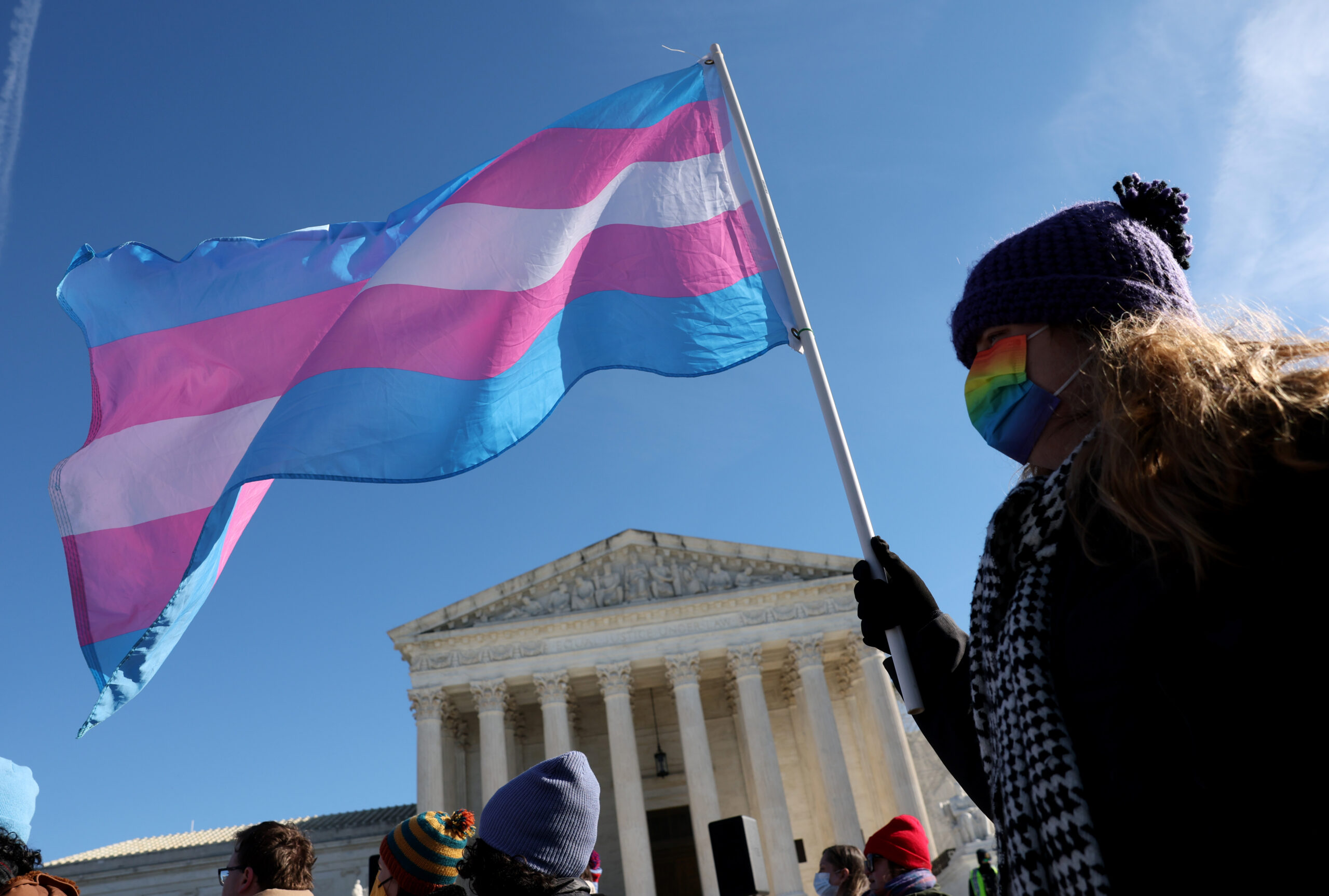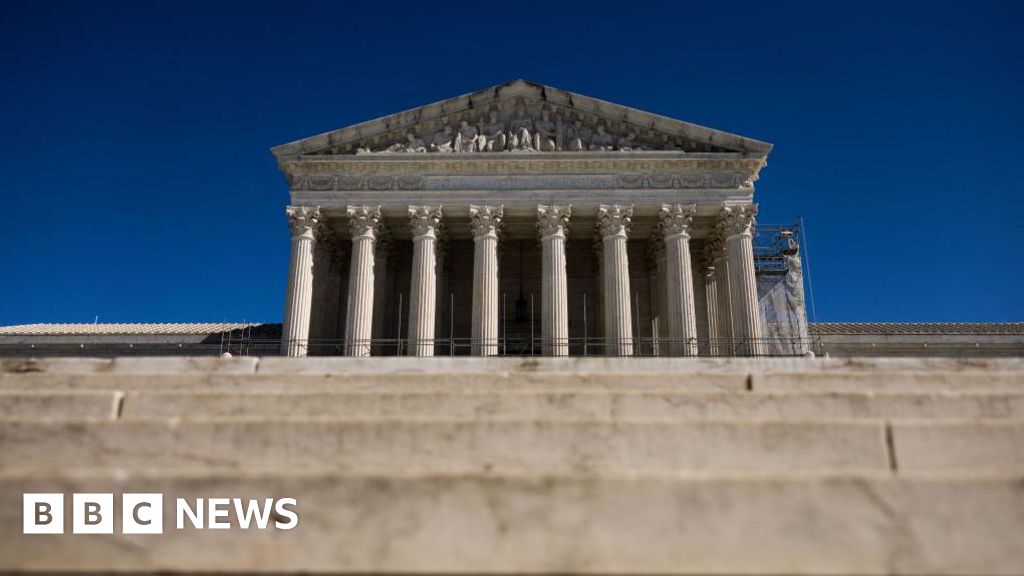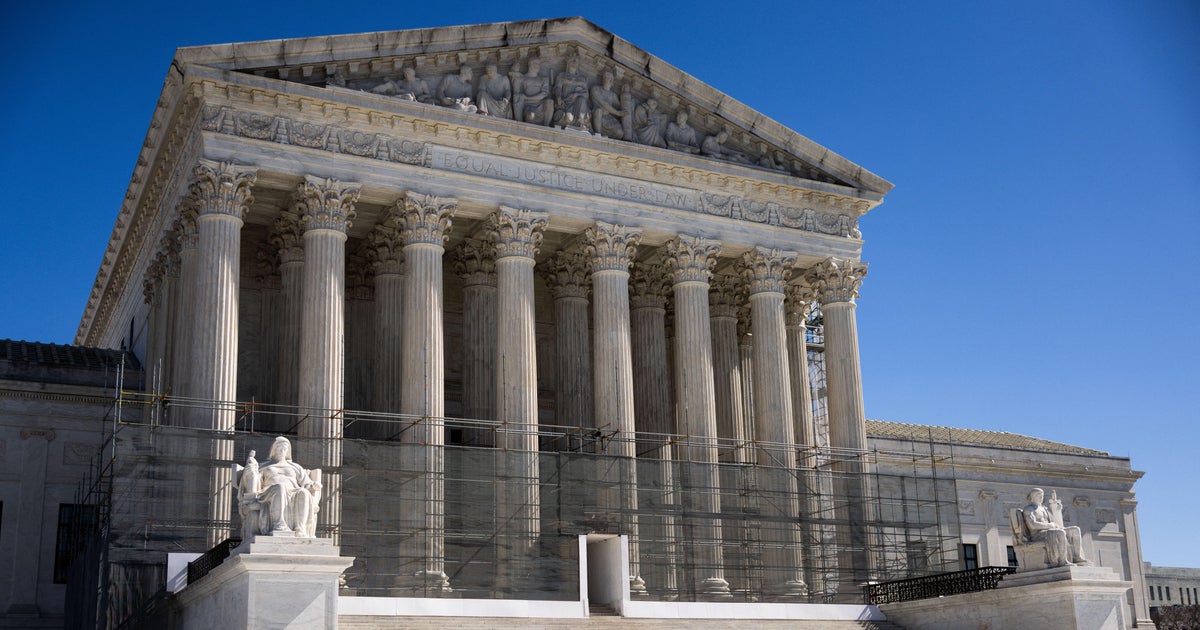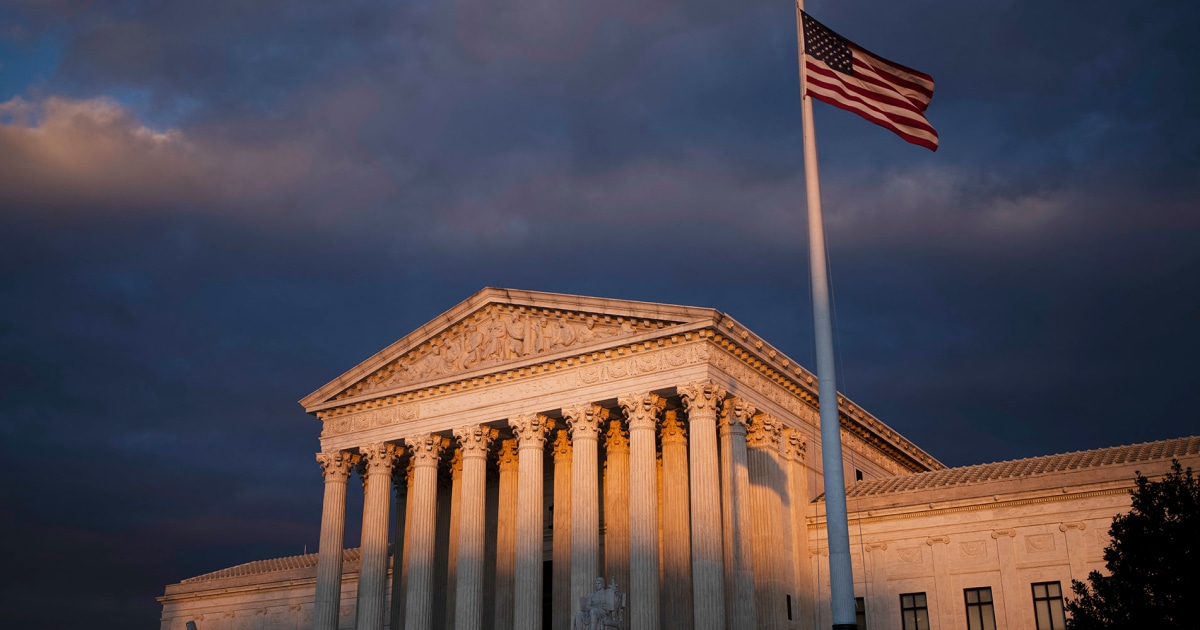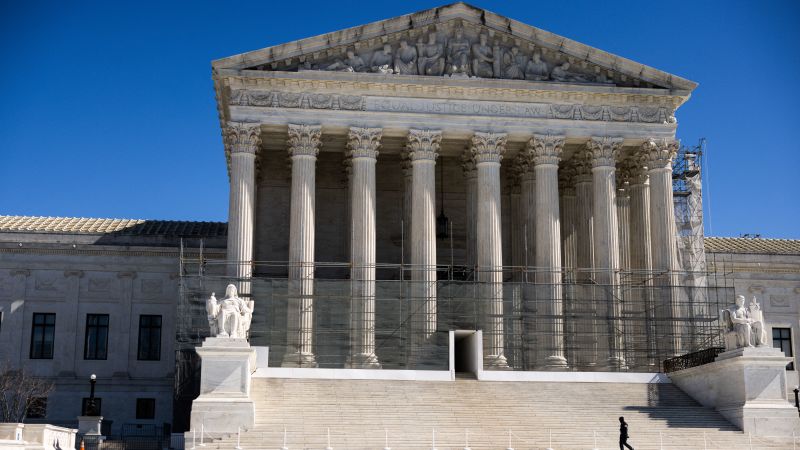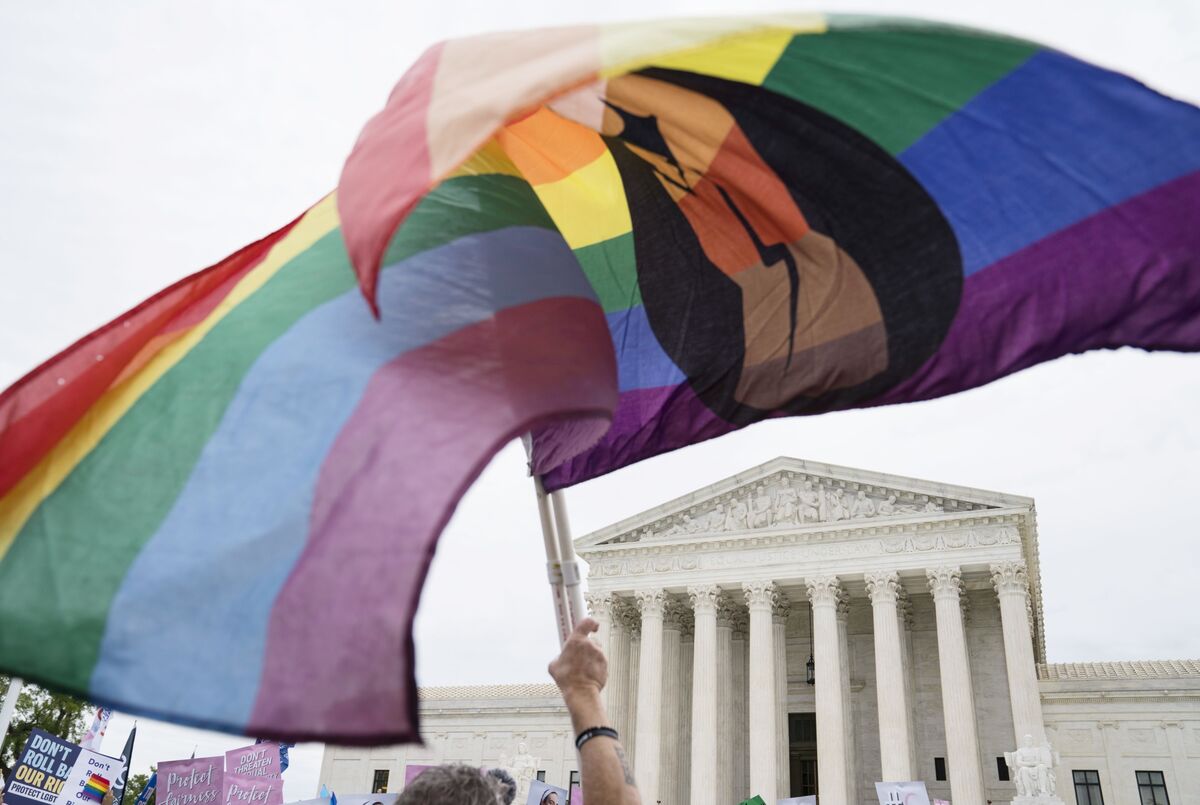Supreme Court to Review Colorado's Conversion Therapy Ban Amid Cultural Divide
Supreme Court will hear challenge to Colorado law banning conversion therapy for minors, debated in context of LGBTQ+ rights and professional conduct regulations.
Overview
The Supreme Court has agreed to review a Colorado law banning conversion therapy for minors, challenged by counselor Kaley Chiles citing free speech rights. This case arrives amidst a contentious national conversation about LGBTQ+ rights and mental health care for youth. Colorado's law is part of a broader trend, with over 20 states enacting similar bans, aimed at regulating harmful practices. Chiles claims the law limits her ability to provide faith-based counseling. Although the Supreme Court previously avoided similar cases, indications from conservative justices suggest growing interest. The court's decision, expected in their next term beginning in October, could have wide-reaching implications.
Report issue

Read both sides in 5 minutes each day
Analysis
- The Supreme Court agreed to hear a challenge to the Colorado law banning conversion therapy, indicating an increased willingness to review such important social issues.
- Kaley Chiles, a counselor involved in the case, argues that the ban infringes on her rights to free speech and practice her faith, as some of her clients seek guidance to align their sexual identity with their religious beliefs.
- Colorado officials are defending the law as necessary to protect minors from potentially harmful practices, maintaining that the law focuses on regulating professional conduct rather than infringing on free speech rights.
Articles (17)
Center (9)
FAQ
The central issue is whether Colorado's ban on conversion therapy for minors violates the First Amendment by censoring counseling based on viewpoint or if it is a permissible regulation of professional conduct.
More than 20 states and the District of Columbia have enacted similar laws banning conversion therapy for minors.
The decision could have wide-reaching implications for LGBTQ+ rights and the regulation of professional conduct in mental health care across the U.S.
Kaley Chiles, a licensed counselor, is challenging the ban, arguing that it violates her free speech rights by limiting her ability to provide faith-based counseling.
History
- 8M

 6 articles
6 articles

